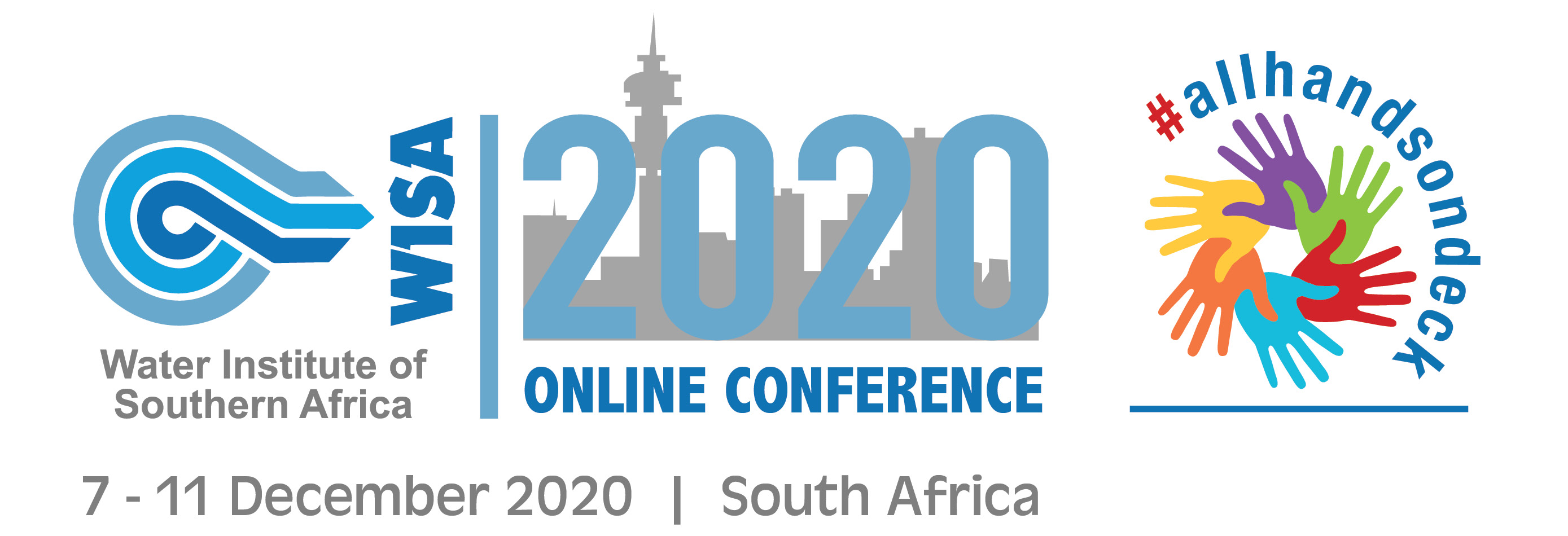Big data
Using Big Data for Transboundary Water Management in Southern Africa
Rationale
The sixth Sustainable Development Goals requires us to improve water security and sanitation, with the understating that water quality and quantity are at the very foundation of life and human development. Decision-making on water security, however, is highly fragmented within national governments, by sector of influence, and across countries, with water diplomacy becoming an important skill to facilitate cooperation especially in transboundary aquifers.
At the centre of this very complex scenario is the question on how to take sound and informed decisions for managing transboundary aquifers. Data collection, management and analytics is critical to ensure informed decisions are taken, relevant projects defined and implemented, on the understanding that water is at the centre of large socio-economic and environmental complex systems in our region. As such, data can no longer be understood as single collection spreadsheet, but as integrated data flows, that may need to be localised to focus relevance. In this respect, the water sector and the computer science sector will need to work together to define the questions in need of a real answer, to develop algorithms and access the data sources required, using Artificial Intelligence to provide us the information we need.
Session focus
The Big Data Analytics and Transboundary Water Management Collaboration for Southern Africa has brought together regional and international partners to investigate the preparedness of our region for big data analytics, when applied to the water sector. In this session, the Collaboration will introduce the tools developed, by way of experimental work by the research teams with IBM Research Africa, to apply Big Data Analytics thinking to the management of the Ramotswa Aquifer (Botswana and South Africa). In the workshop session, the audience will be introduced to the innovation produced by the teams in the production of a Sustainability Framework applicable to dolomitic aquifers, underpinned by a Master Database including the use of AI to address data issues and other Big Data Analytics solutions to balance field data collection with remote sensing.
Expected outcome
The objective of this session revolves around sensitising the water sector on the opportunities offered by introducing Big Data Analytics for improved groundwater management. Hence, the expected outcome is the contribution to a Community of Practice able to inform regional policy in Integrated Transboundary Water Management and provide support to the regional River Basin Organisations.
Proposed Programme
The proposed programme includes sections of Q&A with the audience and live showcasing of tools.
| Time | Session | Content | Presenter |
| 10 minutes | The Big Data Analytics and Transboundary Water Collaboration | This is an introduction to the collaboration and its vision. | C. Bocchino |
| 15 minutes | Innovation 1: the Sustainability Framework for a Transboundary Aquifer | This session presents the development of the SF for the Ramotswa transboundary aquifer, discussing its elements and indicators. | Delta – H |
| 15 minutes | Innovation 2: A Master Database for a Transboundary Aquifer | What are the challenges in creating a database for a transboundary water system and how can Big Data Analytics help to overcome them? | Umvoto team |
| 15 minutes | Innovation 3: Merging qualitative and quantitative data and data inference to triangulate data | How does one address the problems of data scarcity and poor accessibility? This session provides the Big Data Analytics solutions to using inferred data and qualitative data to supplement a groundwater database. | University of the Witwatersrand |
| 15 minutes | Innovation 3: Localising Big Data for River Basin decision-making | How does one localise Big Data to suit a river basin? This session looks at the experimental work in two regional transboundary aquifers. | University of the Western Cape |
| 30 minutes | The Infrastructure tool and audience engagement | How do the innovations come together to inform decision making authorities? This session includes a live session to present the tool and engages the audience in drafting the future of the research and its replications. | UWC and Sustainable Water Partnership |
